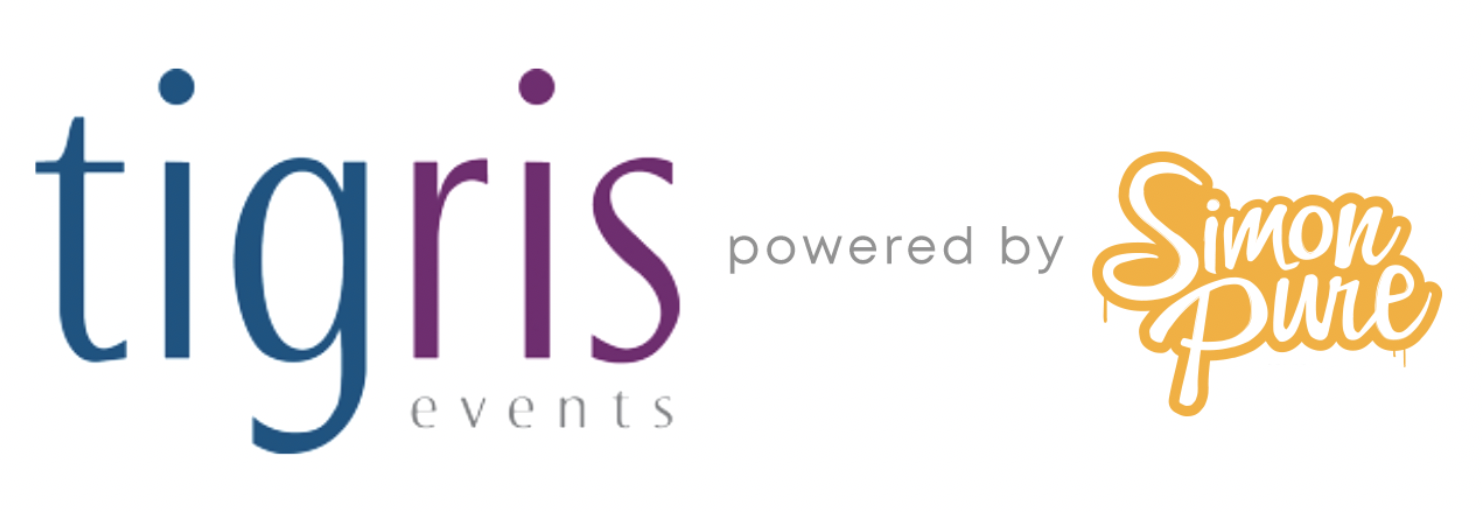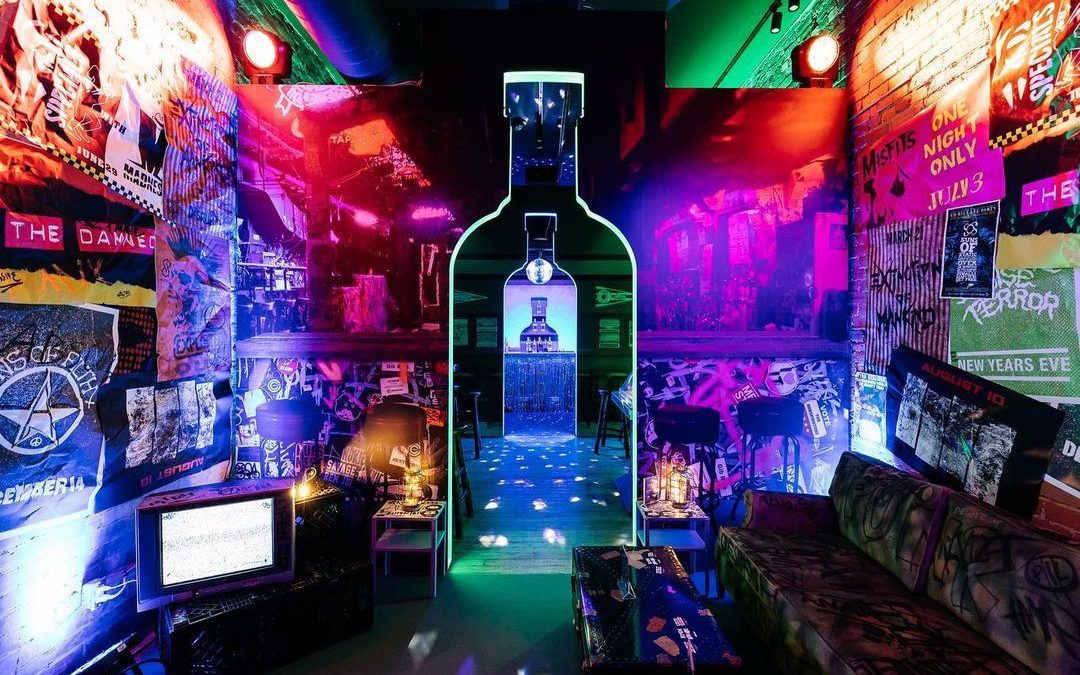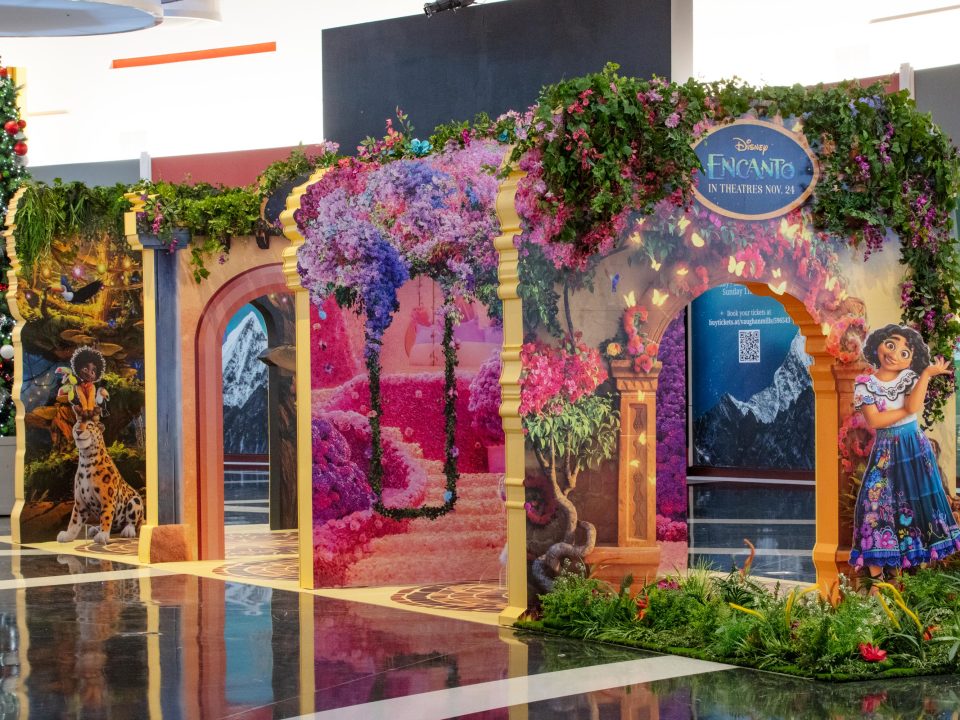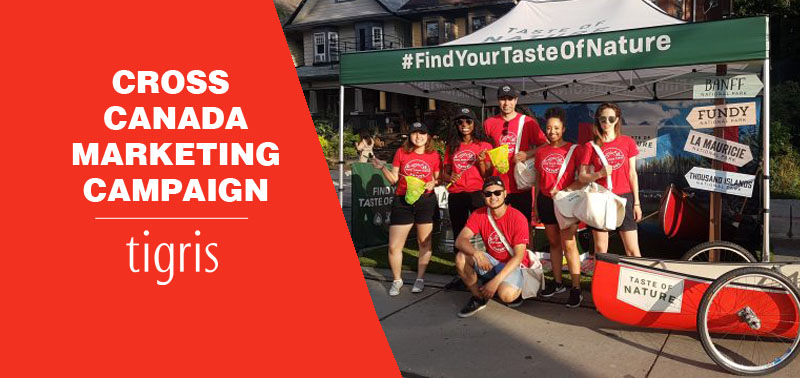Why Experiential Events Are the Future of Brand Building

Benefits of Using AI in Event Management
October 2, 2024
Top 5 Experiential Marketing Trends to Make Waves in 2025
May 14, 2025Marketers and consumers alike are noticing how the digital landscape is becoming increasingly crowded.
Wherever you go online, on mobile apps, or even on your smart TV, you’re constantly bombarded with ads, banners, and other content vying for your attention. But how much of any of this really sticks with the audience?
Fortunately, there’s a different marketing approach that’s cutting through the noise of traditional advertising. It’s an approach that focuses on human connections and memorable experiences.
We’re talking, of course, about experiential event marketing.
What is Experiential Event Marketing?
More than just branded pop-ups or flashy activations, experiential marketing is a powerful strategy that creates memorable, immersive experiences to bring brands to life and their values tangible.
It’s not just hype either. It’s quickly becoming the future of brand building. According to numerous experts, it’s also a form of advertising that’s poised to see big gains for brands leveraging the power of this form of marketing.
Here’s why experiential event marketing not only works, but is looking to be an essential component of your brand building and marketing strategy.
1. Experiences Create Emotional Connections
People may forget what someone said or did, or even what a billboard promoted, but they rarely forget how something made them feel.
Feelings and their ability to be remembered are at the essence of experiential events. That is, when a brand creates an environment where customers can interact, play, taste, feel, and immerse themselves in a story, it more easily forms a deep emotional bond.
Studies have shown that emotional engagement increases brand loyalty, word-of-mouth, and even sales more than traditional approaches. That’s because experiential marketing doesn’t just tell people about your services or products, it builds meaningful connections.
2. Real-Time Engagement Builds Trust
In an age where authenticity is everything, live brand experiences give companies the chance to engage with customers face-to-face in a more approachable manner than ever before.
Whether it’s a product demonstration, live Q&A, or a fully themed pop-up event, brands that show up in real life feel more genuine, transparent, and human. Ultimately, it’s interactions like interaction that build credibility in a way that digital ads can’t replicate – and even better, it’s what your audiences want to experience too!
3. Amplification Through Social Media
Unlike traditional forms of marketing and advertising, experiential events are tailor-made for the social media era. Whether it’s a branded installation, an interactive photo booth, or an unexpected surprise, a well-designed experience drives up excitement and encourages sharing and word-of-mouth.
It’s in this regard that guests themselves can become your biggest brand ambassadors. More people than you might realize are content creators or have larger than expected followings, able to extend your reach far beyond the event itself. And so, with the right strategy, a few hundred attendees can boost your brand to thousands of their followers online.
4. Events Turn Customers into Advocates
The goal of modern marketing isn’t just awareness or grabbing someone’s attention for a couple of seconds before the next ad flashes before their eyes. It’s increasingly about creating and promoting advocacy for your brand.
People trust recommendations from friends and real-world experiences more than any paid ad. When someone has a positive, memorable experience with your brand, they’re far more likely to talk about it, post about it, and become a brand advocate.
As such, experiential events empower customers to become part of the brand story, turning passive audiences into passionate fans.
5. Measurable ROI Is More Accessible Than Ever
Contrary to assumptions that a crowd can be tough to control or understand, today’s experiential marketing is highly measurable.
It’s easier than ever to track engagement, sentiment, and conversion. Tools like on-site surveys, lead capture forms on tablets, branded hashtags on display, QR codes, and post-event analytics can tell you the story of the event in data that drives home the point.
Brands can comfortably tie experiential campaigns directly to business outcomes, making it a data-driven part of the marketing mix and not just a “nice-to-have” afterthought.
Conclusion: It’s Not Just a Trend. It’s a Shift
In an era where attention is the new currency, experiential events are proving to be one of the few strategies that capture it and convert it consistently.
More and more companies, from startups to global brands are prioritizing experiential events in their marketing budgets. There’s a good reason for it too: experiences drive lasting impact.
Make the Experience Count
At Tigris Events (powered by Simon Pure), we’ve seen firsthand how well-crafted experiences can elevate a brand from background noise to top-of-mind.
Whether you’re launching a product, celebrating a milestone, or creating a fully immersive campaign, we help brands create moments that matter and memories that last.
Ready to create an unforgettable event? Let’s build your brand through an unforgettable experience. Contact us to learn how we can help bring your brand to life at your next event.




